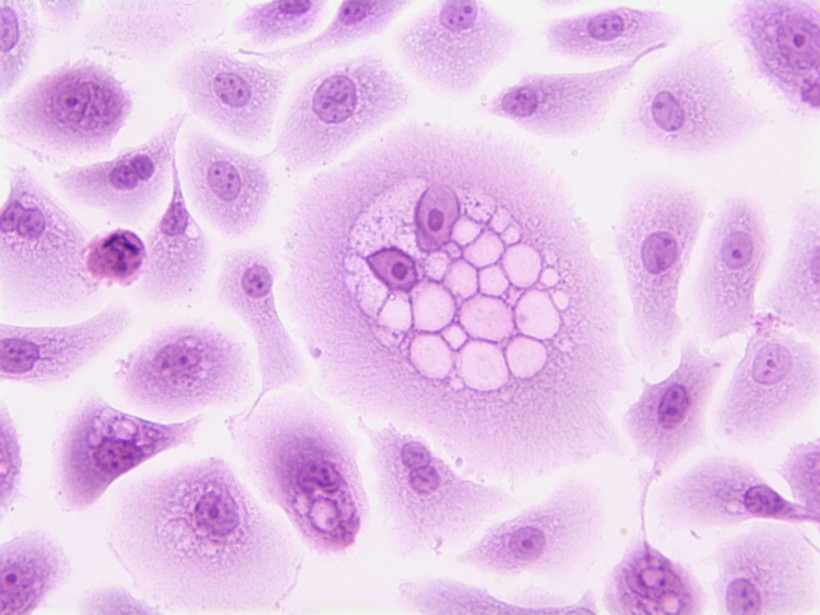An international team of researchers engineered bacteria to detect colon cancer in cells and animal models. Although they successfully reveal tumor DNA in the study, clinical trials may take more years, and additional research is needed to assess its effectiveness and safety. The team believes that using microbes for diagnostics may not be as far-fetched a concept as it may seem.

Engineered Bacteria Via CRISPR Technology Could Hold the Key to Detecting Cancer Cells in Unlikely Places
Genetically Modified Bacteria Detected Tumor DNA
Bacteria residing in the gastrointestinal tract offer potential as probiotic sensors. These biosensors have exhibited promise in detecting gut health issues, intestinal bleeding, infections, and liver tumors, particularly in mice and pigs.
In a recent study, titled "Engineered bacteria detect tumor DNA" published in Science, researchers reported that bacteria were engineered to identify DNA fragments released by lab-cultured colorectal cancer cells and mice with colorectal tumors.
Biomedical scientist Susan Woods from the University of Adelaide remarked in a news release that this research showcased the possibility of designing bacteria to identify precise DNA sequences in challenging locations for disease diagnosis.
The bacteria in question is called Acinetobacter baylyi, known for its DNA scavenging ability. Typically, it incorporates external DNA into its genome for potential protein production.
In this study, the researchers reprogrammed A. baylyi using Cellular Assay for Targeted CRISPR-discriminated Horizontal gene transfer (CATCH) to recognize specific mutation-carrying sequences common in colorectal cancer.
The system was designed to activate an antibiotic-resistance gene within A. baylyi upon detecting tumor DNA, enabling it to grow on antibiotic-containing agar plates. As Woods said, this innovative biosensing technique holds the potential for identifying colorectal cancer DNA within complex environments.
At present, the biosensor is configured to recognize distinct KRAS mutations, which manifest in around 40% of colorectal cancers, roughly a third of lung cancers, and most cases of pancreatic cancers.
Are the Biosensors Safe To Administer?
For now, the biosensors require testing to assess their viability for human use, including verifying their safe oral administration and dependable identification of cancer cells in stool samples.
The system's sensitivity, and its consistent ability to identify freely circulating tumor DNA using A. baylyi, will dictate its clinical utility and potential for early bowel cancer detection.
Researchers must also assess how the A. baylyi biosensor stacks up against more invasive techniques like colonoscopy, which directly samples suspicious cells. While bowel cancer rates are increasing among individuals under 50, cancer screening programs usually don't target young adults.
Associate Professor Siddhartha Mukherjee from Columbia University highlighted the potential of using living bacteria as sentinels to identify and combat various cancers and diseases in the future. While the biosensor invention is still in need of development, the UC San Diego synthetic biology team is actively refining the strategy for enhanced effectiveness.
The team is improving its bacterial biosensor approach by introducing novel circuits and diverse bacterial strains. This evolution aims to enhance cancer and infection detection and treatment in humans. The team envisions a future where colorectal cancer mortality is eliminated through this research.
RELATED ARTICLE: Early Detection of Pancreatic Cancer Through Regular Screening Increases the Patient's Chance to Live Longer
Check out more news and information on Cancer in Science Times.



![Earth's Quasi-Moon Kamo‘oalewa Could Originate From Lunar Surface Not Asteroid Belt [Study]](https://1721181113.rsc.cdn77.org/data/thumbs/full/53275/89/56/50/40/earths-quasi-moon-kamo-oalewa-could-originate-from-lunar-surface-not-asteroid-belt-study.png)










